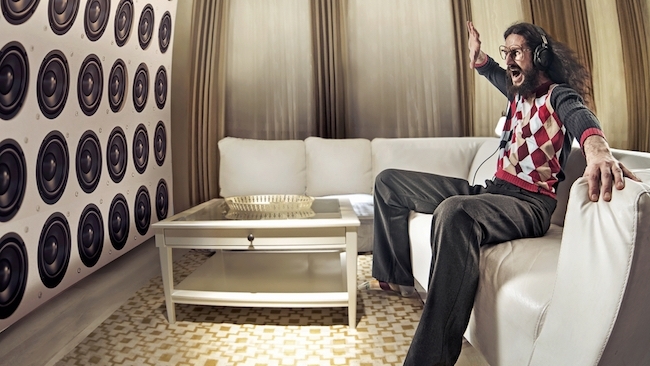
 Turned up to 11, but is it any good?
Turned up to 11, but is it any good?
As industry professionals it’s a question we think we know the answer to, but do we really know what good sound is, or even how to achieve it? By Dan George.
Here's an excerpt from a feature that appears on our sister site, RedShark Sound: So, what exactly is good sound?
We’ve all heard folks say it before: “that sounds good”, when we know better. Yet good sound is so utterly subjective, it becomes surprisingly hard to define. What three single words would you use to describe it if asked? Even experts disagree on the fundamentals. With both the hi-fi industry and the consumer striving to achieve good sound, how much of a challenge is it, when it can’t easily be defined and there’s no real constant to measure it against?
With fifteen years’ experience in the hi-fi industry, I should know what good sound is. What good sound actually sounds like. But, do I? A decade on a hi-fi magazine that reviewed over 600 products per year helped for sure, but I know people with several decades’ experience. We’ll come to them later.
These days, instead of testing products and editing reviews, I get to hear a lot of systems. Manufacturer systems used as reference, systems at hi-fi shows and systems at reviewers’ houses. They all sound different. Sometimes dramatically. Yet they all strive to achieve a similar goal: good sound.
In the last fifteen years, I’ve met all kinds of ‘experts’: engineers, designers and reviewers, all with their own opinion of how sound should, er, ‘sound’. Some say it’s all about transparency. Others insist on musicality. Then there’s dynamics, transient speed and fidelity. So, how can we define it? In this feature, we’re talking to some of the audio industry’s most influential characters to find an answer...
To continue reading (and it's worth it, it's a really good piece) head to So, what exactly is good sound?
Loudspeaker graphic by shutterstock.com
Tags: Audio


Comments